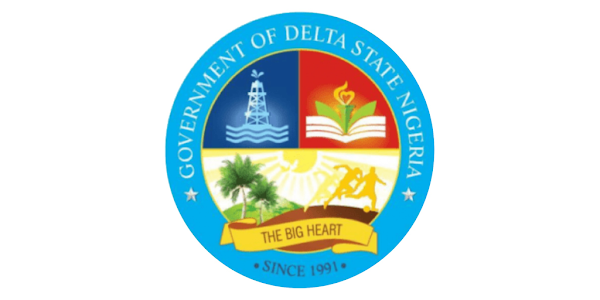By Jumai Nwachukwu/Yakubu Amayindi
THE Delta State Ministry of Water Resources has commenced a two-day stakeholders’ validation workshop for the draft Water Supply, Sanitation, and Sewage (WSSS) Policy, aimed at aligning the sector with present realities and strengthening its sustainability.
Declaring the workshop open, the Commissioner for Water Resources Development, Dr. Isaac Wilkie, described the exercise as essential, stressing that policies must be periodically reviewed to remain relevant. He explained that the update would help the state’s water sector adopt global best practice, improve coordination, and enhance project delivery.
According to him, the review brings together officials from the ministry, the State Water Sector Regulatory Commission, the Urban Water Corporation, the Small Towns Water Supply and Sanitation Agency, the Rural Water Supply and Sanitation Agency, as well as development partners. The objective, he noted, is to revise the 2015 framework, address existing gaps, and build a more resilient and sustainable system.
The draft document outlines a vision to ensure that safe, affordable, and uninterrupted water and sanitation services reach every resident of Delta State. It also sets out a mission to improve planning, coordination, and service delivery across urban, small-town, and rural areas, while strengthening institutional roles and regulatory oversight.
He noted that financial sustainability was a major focus of the draft, with proposals for blended financing mechanisms, the creation of state-level WASH funds, cost recovery systems in urban centres with pro-poor tariff measures, and community contribution models for rural schemes. It also advocates for stronger partnerships with the private sector and better donor coordination to reduce overdependence on external aid and secure long-term funding for operation and maintenance.
Dr Wilkie reiterated that the implementation of the policy was structured in phases, beginning with short-term actions such as gazettement, institutional readiness assessments, and stakeholder sensitisation through 2026. This will be followed by scaling up service delivery and financial innovations in the medium term, while the long-term focus up to 2030 will be on consolidating governance reforms, adopting smart monitoring systems, and achieving coverage targets.
The draft further incorporates measurable sector targets and a results-based framework to track progress, including the goal of attaining fully safely managed urban sanitation by 2030 and reaching at least 80 percent sanitation coverage in informal settlements. Monitoring and evaluation will be carried out by the ministry and its implementing agencies, with annual performance reviews proposed.
He added that emphasis is placed on gender equity, pro-poor service delivery, WASH in schools and health facilities, and hygiene promotion as a public health priority. It also calls for the integration of WASH into disaster risk management plans, given Delta State’s vulnerability to flooding and saline intrusion.
The ministry expressed optimism that the revised policy will provide a stronger framework to guide investments, improve service delivery, and ensure the sustainability of water and sanitation infrastructure across the state, as he mentioned that feedback from the ongoing workshop will be used to finalise the draft before it is formally gazetted.


